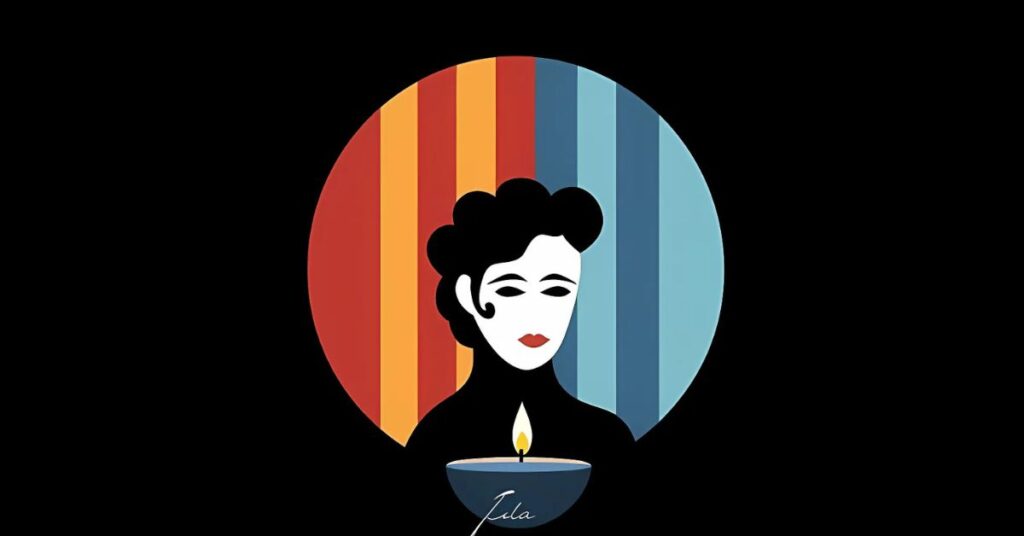A Powerful Joyful Identity Emerging Online
In today’s digital-first world, a single word can carry massive emotional value—and that’s where tsunaihaiya comes in. This mysterious, uplifting term is more than a name—it’s becoming a symbol of identity, expression, and creative emotion in online culture. Whether it’s in digital art, usernames, or community forums, it is quietly gaining traction.
If you’re exploring personal branding, creative naming, or emotional expression online, tsunaihaiya might be exactly what you need. In fact, creators on platforms like DeviantArt and indie writing forums are already embracing it, giving it their own meaning and magic.
What Does tsunaihaiya Really Mean?
While there’s no direct translation, tsunaihaiya often feels like an echo of something powerful yet joyful. It’s the kind of word that seems to carry rhythm, emotion, and mystery. Many interpret it as a fusion of sound and soul—possibly drawn from “tsunami” (a wave) and “haiya” (an exclamation or chant).
This blend gives it energy—some say it’s like a rush of inspiration or a spiritual call to creativity.
Why tsunaihaiya Is Capturing Hearts Online
One of the biggest reasons people resonate with tsunaihaiya is because it’s undefined and personal. Unlike usernames that rely on clichés or numbers, this term feels poetic and open-ended. It invites people to project their own stories onto it.
Think of it like a blank canvas with a beautifully mysterious frame. It sparks imagination the moment you see or hear it.

My First Encounter With tsunaihaiya
I first discovered it on a writing forum where a user had adopted it as their pseudonym. Their poetry was deeply emotional, and the name added this melodic aftertaste to everything they shared. I remember feeling like I wanted to adopt a word like that for my own writing, something that carried spirit and softness.
And that’s the thing—it’s not just a name. It’s a feeling.
tsunaihaiya in Digital Identity Spaces
If you’ve ever struggled with finding a unique yet meaningful name online, tsunaihaiya presents a powerful alternative. It can be your digital identity—a handle, a brand, a blog name. The key is its originality. It’s almost never taken and stands out immediately among generic usernames.
Even creators on SoundCloud have started using similar rhythmic pseudonyms to build brand recognition and emotional connection.
The Two Big Takeaways From tsunaihaiya
Let’s pause for a second and look at what makes tsunaihaiya work so well:
1. Emotional Identity
Using a word like tsunaihaiya in your creative work gives you a sense of ownership. It feels personal, but it also invites curiosity. People ask, “What does that mean?” That’s a conversation starter—and a relationship builder.
2. Sound Matters
The rhythm in tsunaihaiya makes it easy to remember. Like “abracadabra” or “hallelujah,” it flows off the tongue with poetic style. This auditory appeal adds power when it’s used in spoken-word poetry, music, or storytelling.
The Rise of Rhythmic Identity Words
More people today are crafting custom words for their online presence. Think of artists like Yaeji, Odesza, or Mitski. These names don’t describe them directly—they feel like them. That’s exactly what tsunaihaiya does. It tells a story before the story even begins.
We’re moving into an era where your name isn’t just a label—it’s an energy. And tsunaihaiya has plenty of that.

Where tsunaihaiya Fits in Culture Today
Beyond usernames and blogs, tsunaihaiya has potential in wider cultural spaces—such as:
- Indie game development: Perfect as a character name or narrative theme.
- Music: Could be a track title, artist alias, or even chorus chant.
- Art collectives: As a group name, it adds mystery and cohesion.
In fact, some branding experts are already analyzing unique terms like it in this context. According to a branding trends article, names that “sound like music” are more likely to be remembered and emotionally resonant.
A Word That Feels Like a Movement
What started as a unique term is slowly turning into a community symbol. People are beginning to connect through it. Shared hashtags, collaborative art projects, and even short films are popping up online using it as their anchor word.
This isn’t just a fleeting trend—it’s becoming a movement of expressive, digital storytelling.
How to Use tsunaihaiya Yourself
Ready to claim it? Here are a few ways to integrate tsunaihaiya into your personal or creative life:
- As a username: Instagram, Tumblr, or Reddit.
- In your writing: Use it as a character’s name, story title, or chapter name.
- As a brand: If you’re launching a creative project, it can be the brand’s emotional pulse.
- In conversations: Use it as a personal mantra or emotional shorthand. “I’m in my tsunaihaiya mode.”
Why Simplicity Is the Secret of Its Power
Despite its melodic flow, it isn’t complicated. It doesn’t try to be something it’s not. That’s what makes it accessible to both younger and older audiences. It’s easy to say, easy to remember, and hard to forget.
That kind of simplicity—combined with depth—is what makes certain names last for generations.
Two Personal Stories About Using tsunaihaiya
1. As a Pen Name:
A close friend used it when publishing poetry anonymously on Medium. Within weeks, readers commented not just on the writing—but on the name. It created a mystique that matched the emotion of her work.
2. In a Music Collective:
I collaborated with two visual artists and a music producer for a short film on identity. We named the project tsunaihaiya. That one word guided the entire tone—gentle, experimental, and deeply emotional.
tsunaihaiya Is Not Just a Word—It’s a Feeling
Ultimately, it evokes something within us. It sounds like laughter in the rain or the soft roll of the tide at night. It invites reflection, connection, and inspiration—all without demanding a specific definition.
That’s rare. And it’s beautiful.
FAQs
What is the exact meaning of tsunaihaiya?
There’s no official meaning—it’s an invented term. Many interpret it as a joyful emotional wave or rhythmic chant that evokes creativity.
How do you pronounce tsunaihaiya?
Most say it like: soo-nai-high-yah. But pronunciation is flexible—just like the word’s meaning.
Can I use tsunaihaiya as my brand name?
Yes! It’s original, available on most platforms, and gives your brand a poetic identity.
Is tsunaihaiya used in real-world culture?
Currently, it’s mostly used in digital creative spaces—writing, music, branding—but it’s growing in popularity.
Does it have roots in a specific language?
Not formally. It appears to be a fusion or neologism combining elements from Japanese and expressive sounds, but its beauty lies in its open-endedness.
Final Thoughts
In a noisy digital world, having something that feels personal, emotional, and distinctive is gold. That’s what it offers. Whether you’re an artist, storyteller, gamer, or just someone who wants to feel more you online, this beautiful word might be your next creative spark. So go ahead—embrace your tsunaihaiya.


